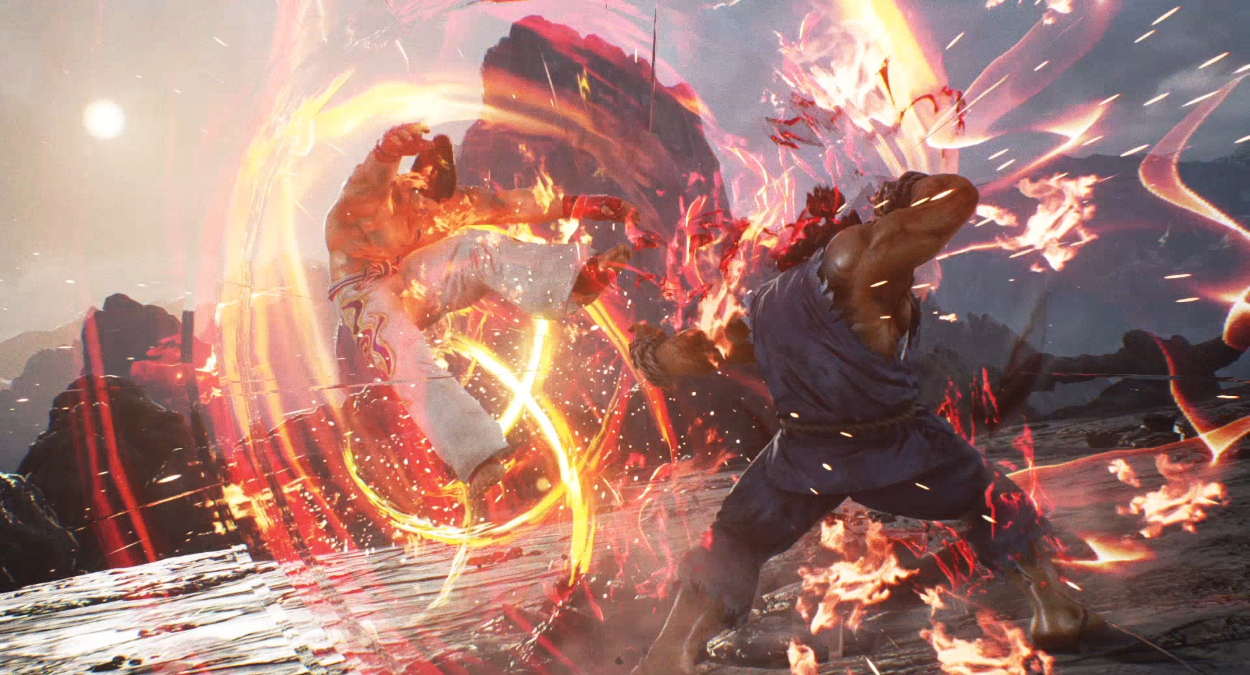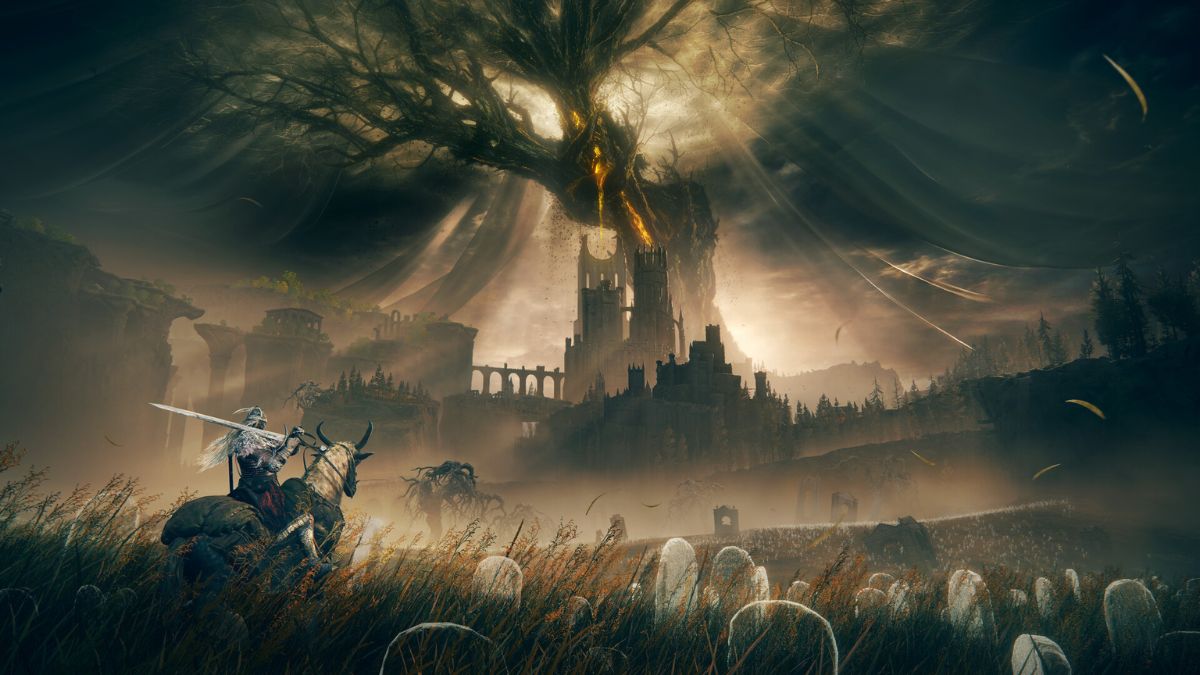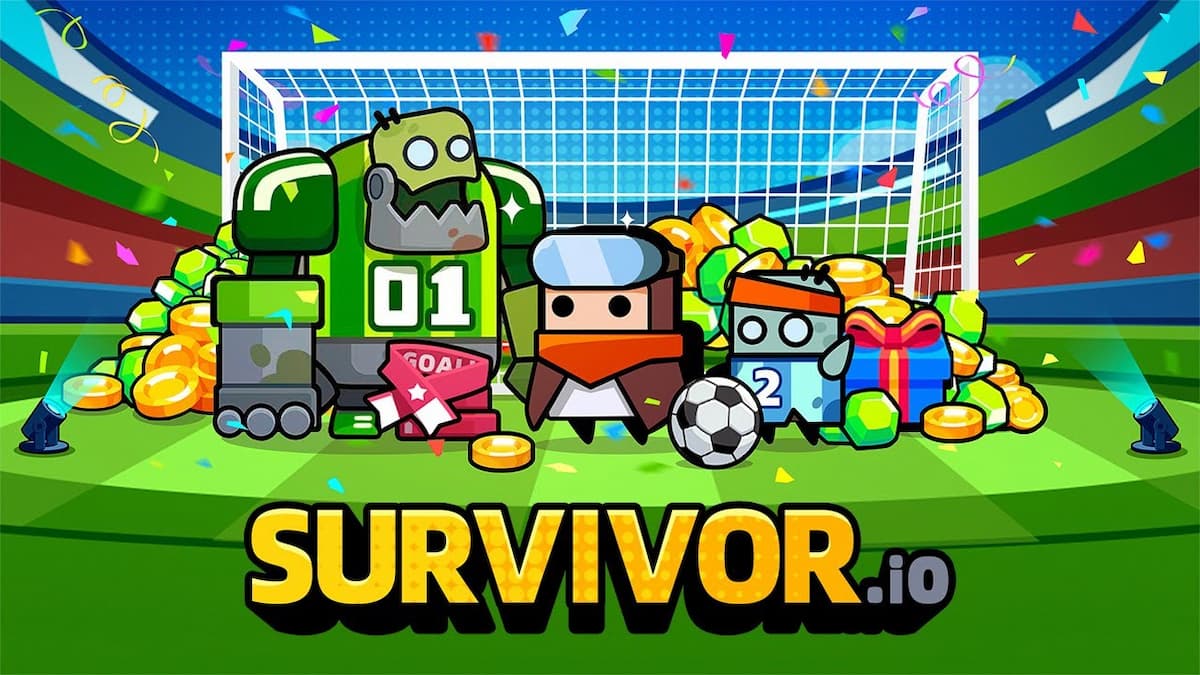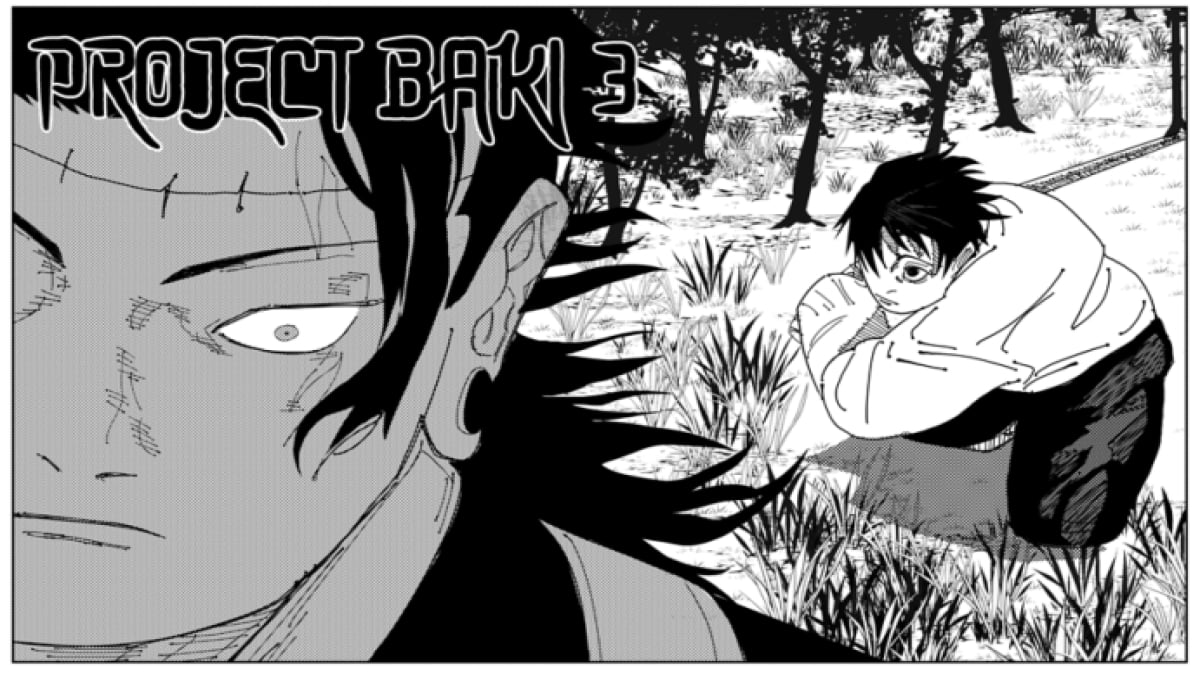With the development of gaming as a hobby and eventually competitive sport (Esports), it is expected that each niche will develop its own jargon. Whether it’s an RTS, MOBA, MMO, or any other gaming genre, there are different ‘languages’ that players invested in perfecting them will use as catch-all terms to describe mechanics and concepts. Fighting games are no different. In fact, as some of the first games to be recognized as competitive, fighting games have developed their own colloquial terms very early on, with some of them reaching as far back as the 90s.
Every fighting game is different, yet in many, several principles can carry over. Be that Mortal Kombat, Street Fighter, Tekken, King of Fighters, Injustice, or any other fighting game, some terms and concepts are shared to describe the same mechanic. That’s where three common terms pop up, which are shared by all of them. Those are the concepts of Overhead, Mid, and Low. And while Mid is the plain default striking position, the terms of Overhead and Low are slightly more ambiguous.
Related: The 8 best fighting games with crossplay
What do Overhead and Low mean in fighting games?
These terms are mainly used to describe strikes and. more importantly. their respective blocking ranges. As mentioned, Mid is the default fighting stance and any strikes from and to that position are referred to as Mids.
Next up, Lows are usually any strikes that come from a crouched or ‘ground’ position. Every fighting game has different strike patterns, but generally speaking, if a strike can’t be blocked by a Mid block and would connect below it, it is considered to be Low. That means that it can also include low strikes that might seem to come from a default/standing position, as long as they aim to hit below that Mid block stance.
Fighting games have started in a side-scrolling 2D space, where Overheads were all strikes that came from a jump-hit position. However, with the transition to 3D, this term was expanded to include the whole 3D space around characters with a simple catch-all rule being that it connects above the Mid block area. For example, if a game has a high-kick mechanic that would still connect above Mid, it would still be considered as Overhead. Of course, it still includes all strikes and blocks in aerial- and jump-play.







Published: Sep 30, 2022 08:14 am